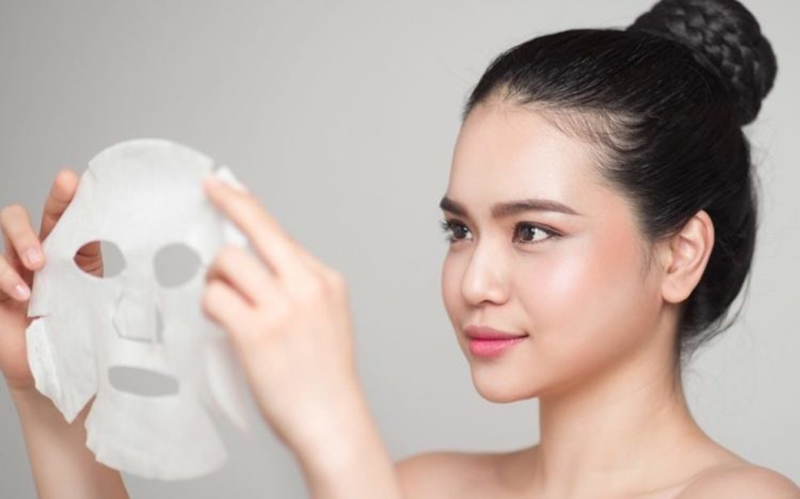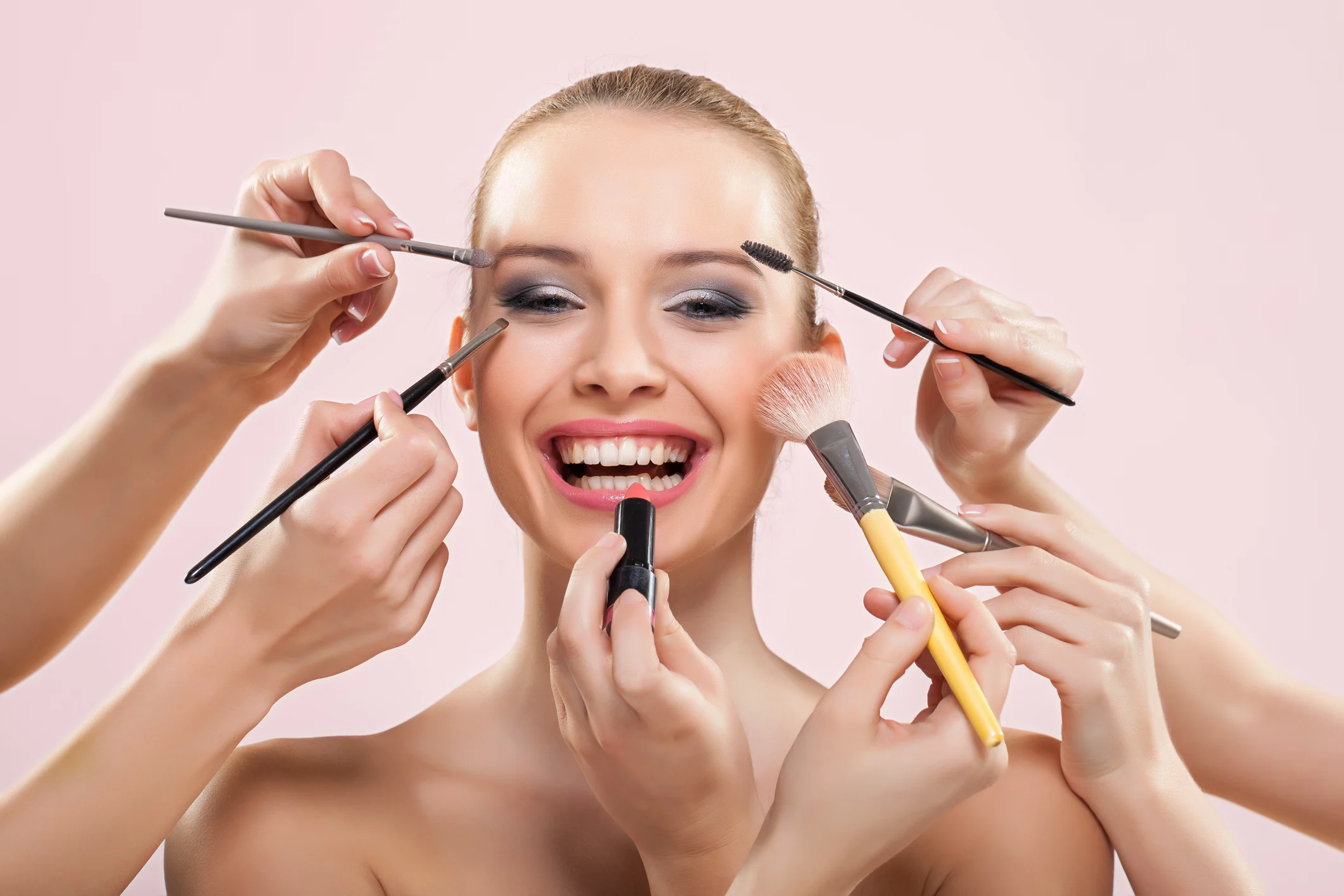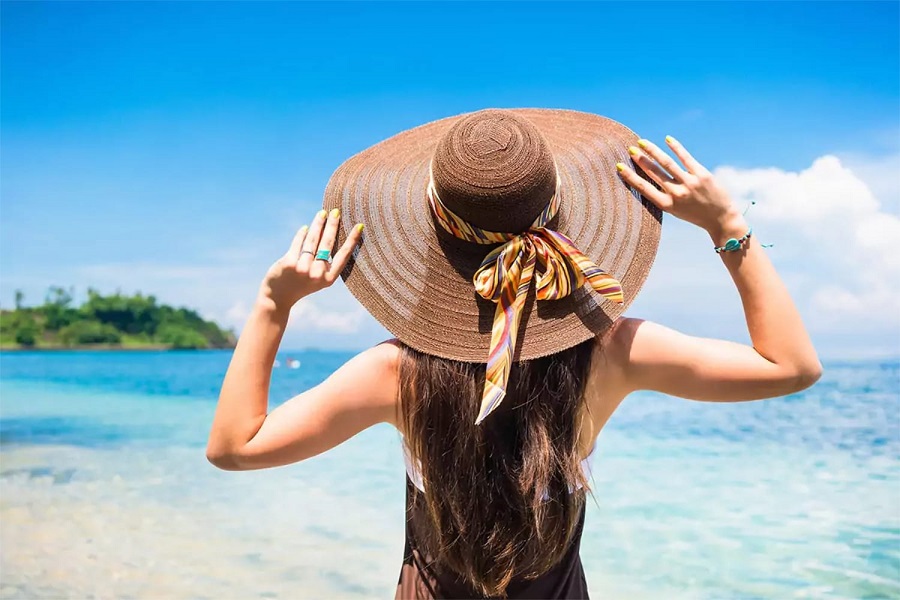Lack of vitamins B, D, and E can cause hair loss or brittle hair; Full vitamin supplements help a healthy body and thick, smooth hair.
Vitamin B
B vitamins help regulate metabolism and maintain the central nervous system. In particular, many types of B vitamins help stronger hair.
For example, low levels of vitamin B7 or biotin can also cause hair loss. A 2016 study of 541 women found that 38% of participants experienced hair loss due to biotin deficiency. Vitamin B12 deficiency leads to hair loss, and weak, brittle hair, in addition to anemia and fatigue.
Therefore, to keep hair strong, people should get enough B vitamins from meat, dairy, and animal foods, nuts. Each adult needs 2.4 mcg of vitamin B12 and a minimum of 30 mcg of vitamin B7 daily.
Vitamin D
Vitamin D may not be directly related to hair growth but can be affected if deficient. A 2019 study found that vitamin D deficiency can cause severe alopecia areata. People with hair loss all have low levels of vitamin D. Supplementing with vitamin D has not been proven to help hair regrow quickly, more research is still needed to confirm the benefits of vitamin D for hair.
However, experts say that people still need to supplement with enough vitamin D for a healthy body, thereby having strong, healthy hair, and not losing much. Adults should get 600 IU of vitamin D or 15 mcg per day.
People can supplement vitamin D by being outdoors and eating foods such as fish, mushrooms, egg yolks, orange juice, and fortified milk. When active, people need to apply sunscreen to avoid damaging the skin.
If you want to use vitamin D supplements, people should consult a doctor to avoid overloading the body with vitamin D, causing poisoning.
Vitamin E
People with alopecia areata have much lower blood levels of vitamin E than people without the condition. Some other researchers have studied vitamin E and tocotrienol, showing that taking these two supplements improves hair health, preventing hair loss.
People can get vitamin E in their diet by fortifying fish, almonds, and spinach or taking vitamin E supplements. Some people choose to rub vitamin E oil directly onto the skin. or scalp to speed up cell renewal, but this has not been scientifically proven.
Adults need about 15 mg of vitamin E daily. People should not take too much vitamin E due to adverse effects, hair loss, poisoning, and digestive disorders.
Other essential vitamins
Vitamin C: lack of vitamin C makes hair frizzy, tangled and frizzy; This can be improved by increasing foods with vitamin C such as green vegetables, and citrus fruits, or taking vitamin supplements.
Vitamin A: also known as retinol, supports sebum secretion, and prevents hair breakage and loss. Each adult needs to consume an average of 1 mg of vitamin A daily, not too much because it can cause hair loss.
In addition, to improve hair loss, people should limit the use of hair gel or blow-dry, comb hair when wet hair; Manage stress by exercising at moderate or high intensity for about 150 minutes a week. People drink enough water, should drink 6-8 glasses of water per day; Eat healthy, and balanced.
Women should not tie their hair too tightly or use complicated hairstyles, requiring chemicals as this can aggravate hair loss. People should cut their hair regularly to remove split ends and reduce hair weight, reducing the impact on the hair roots and scalp. Do not depend on micronutrient supplements, instead eat food to give your body the best source of nutrients.
Follow the website ongreenbeauty.com to get more health, nutrition, and beauty information to protect the health of yourself and your loved ones in your family.




